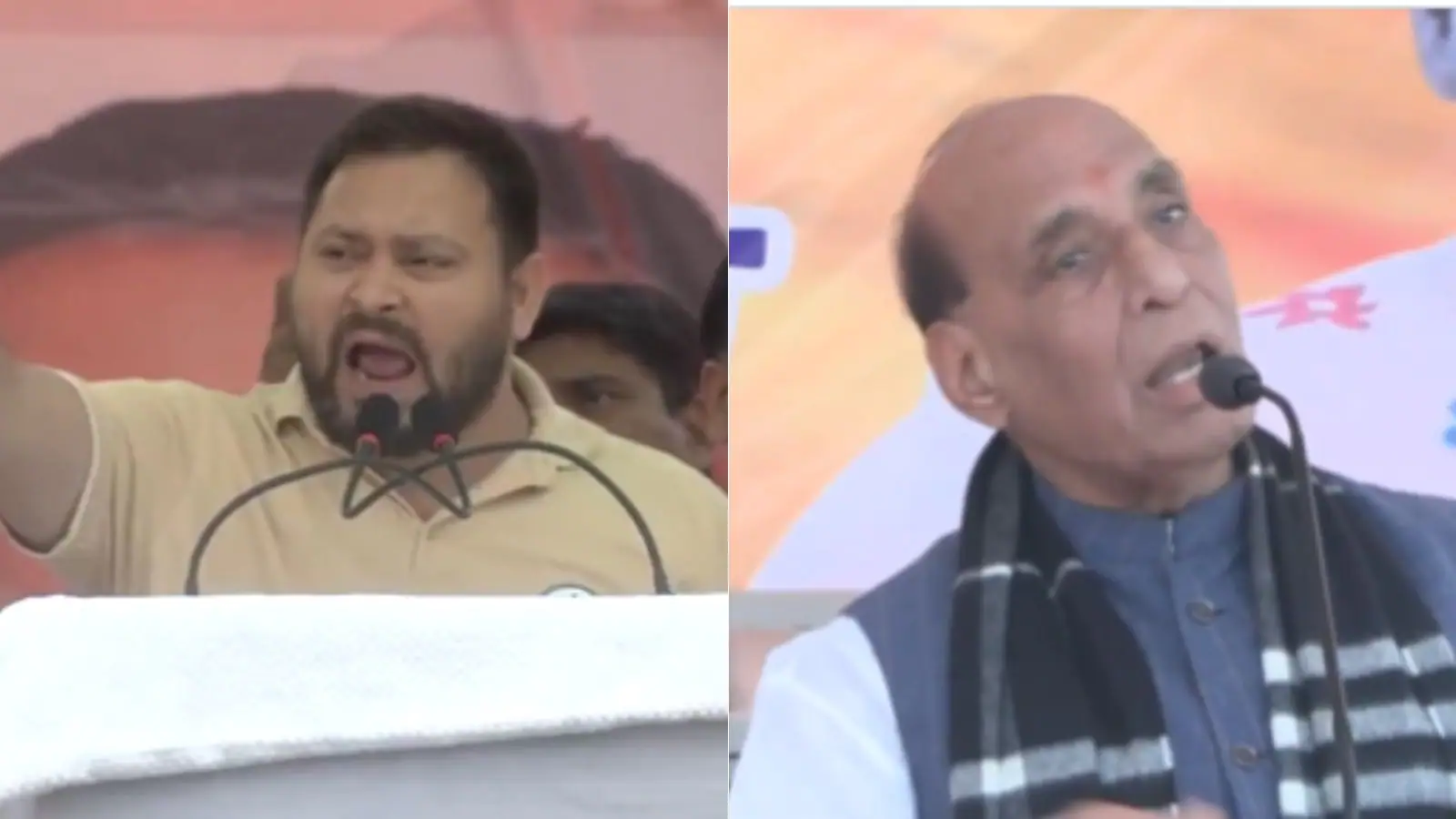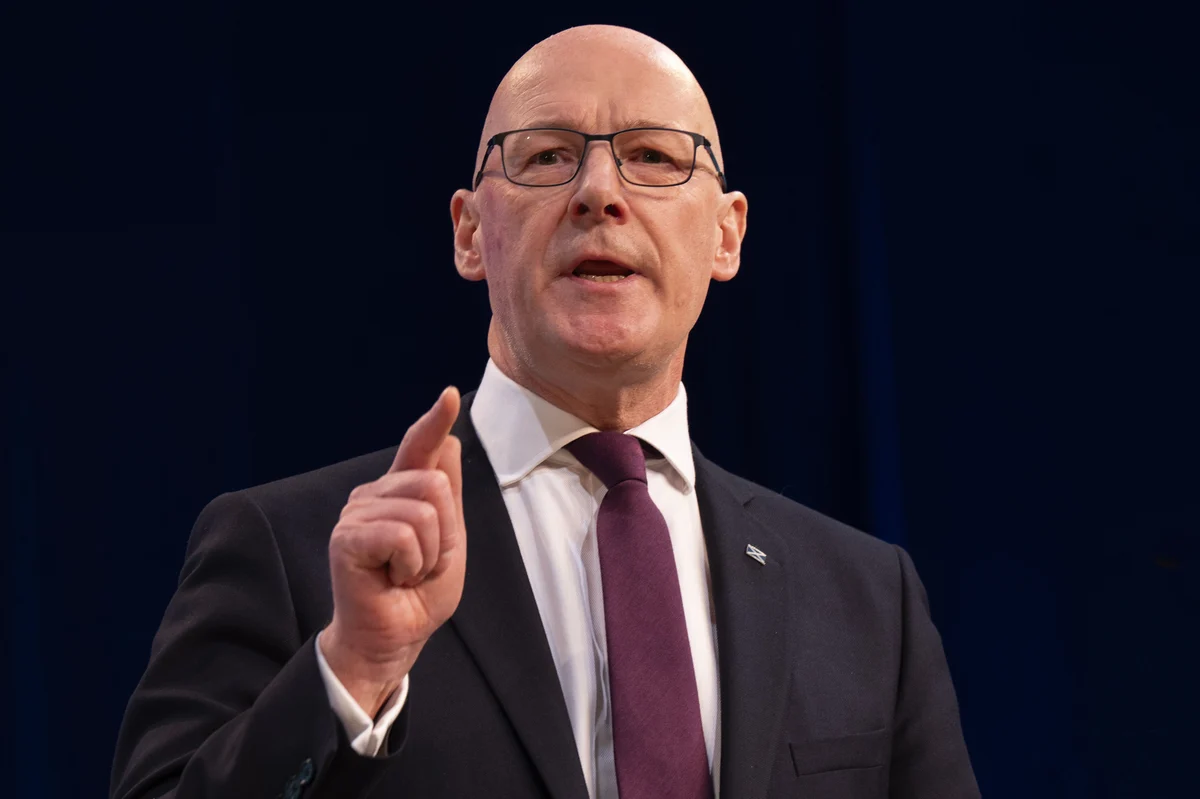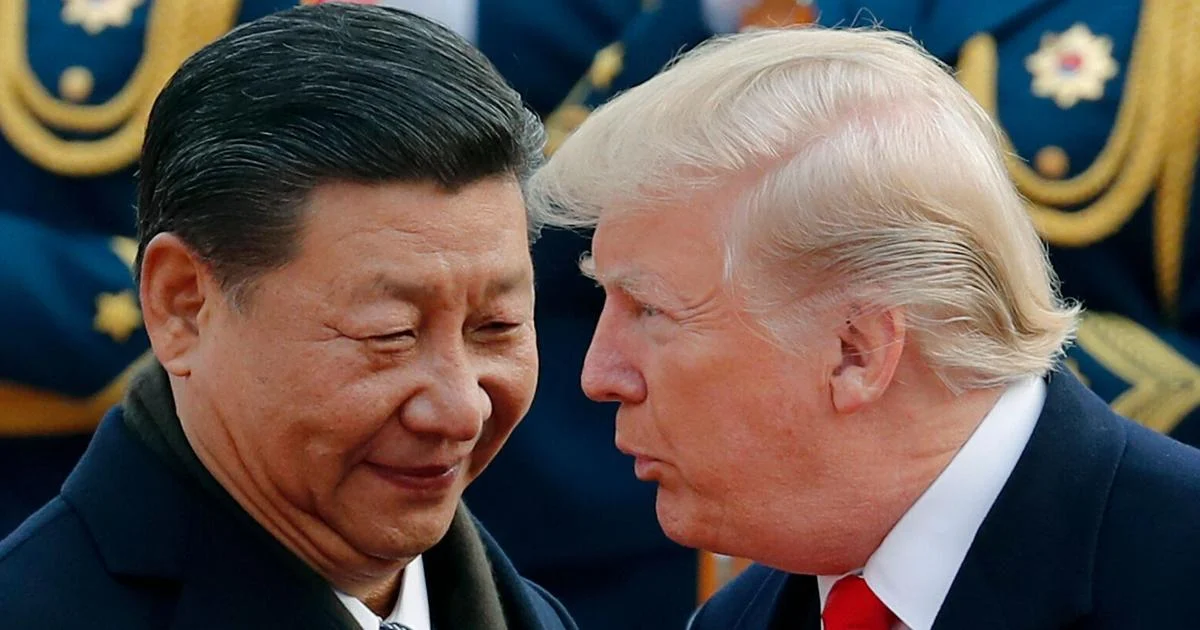Copyright Newsweek

President Donald Trump's support among young people has hit a new low, according to a poll. The survey, conducted by YouGov/The Economist between October 24 and 27, shows that Trump has a net approval rating of around -50 points among voters under the age of 30. Why It Matters Young Americans have long leaned left and voted for the Democrats. But the 2024 presidential election saw a major shift, with a much higher proportion of Gen Z voters backing Trump. According to AP VoteCast, voters aged between 18 to 29 supported Kamala Harris over Trump by 51 percent to 47 percent in 2024. This margin was significantly narrower than in 2020, when former President Joe Biden carried the same age group by 61 percent to Trump's 36 percent. If this trend continues, it could prove pivotal for Republicans' success in future elections. What To Know The YouGov/The Economist poll showed that white and male voters were the most likely groups to approve of Trump. Trump's net approval rating among white people was around zero; among men is was just below zero; and among women it was just below -25 percentage points. Trump's worst net approval rating was among young people at just above -50 percentage points, and among Black Americans at around -75 percent. Trump’s overall approval rating was -18 percent, the lowest it has been since his inauguration in January, and 1.3 points down since last week. The poll surveyed 1,623 people, and had a margin of error of 3.4 percent. The latest poll reflects a continued loss of Trump's support among Gen Z voters. A previous YouGov/Economist poll, conducted between October 17 and 20, found that just 25 percent of Gen Z respondents approved of Trump’s performance, while 67 percent disapproved — a net approval of –42 points. What People Are Saying John B. Holbein, an associate professor of public policy and politics at the University of Virginia, told Newsweek: "Trump's drop in youth support likely reflects a widening generational divide. Gen Z voters care deeply about issues like abortion rights, climate change, and the health of democracy: areas where Trump's message simply doesn't connect. His campaign often looks backward, while young voters are looking forward. Trump's campaign messaging has focused more on grievance and nostalgia than on forward-looking themes that typically resonate with young voters. "If this shift holds, it could mark a durable generational realignment. Political habits formed in early adulthood tend to stick, and today’s young voters are the most diverse and socially liberal generation in U.S. history. That said, the political impact depends heavily on turnout and registration; young Americans are the least likely to show up at the ballot box, even when they strongly favor one side." Owen Winter, a political data journalist for The Economist, wrote on X: "Donald Trump's approval rating in our tracker has fallen to -18, the lowest it has ever been (lower than any point in his first term)." Patrick Webb, co-founder of The Leading Report, wrote on X: "Gen Z males are turning away from Donald Trump but aren’t aligning with the Democratic Party either, expressing frustration with both sides, per Atrioc." What Happens Next Trump's favorability among different demographics is likely to fluctuate as his presidency progresses. The main test of his support will come when voters head to the polls for the midterm elections in November 2026.



